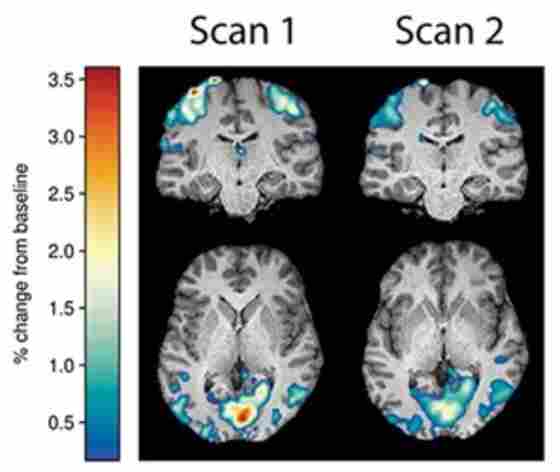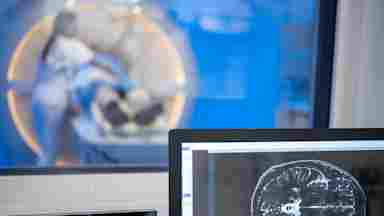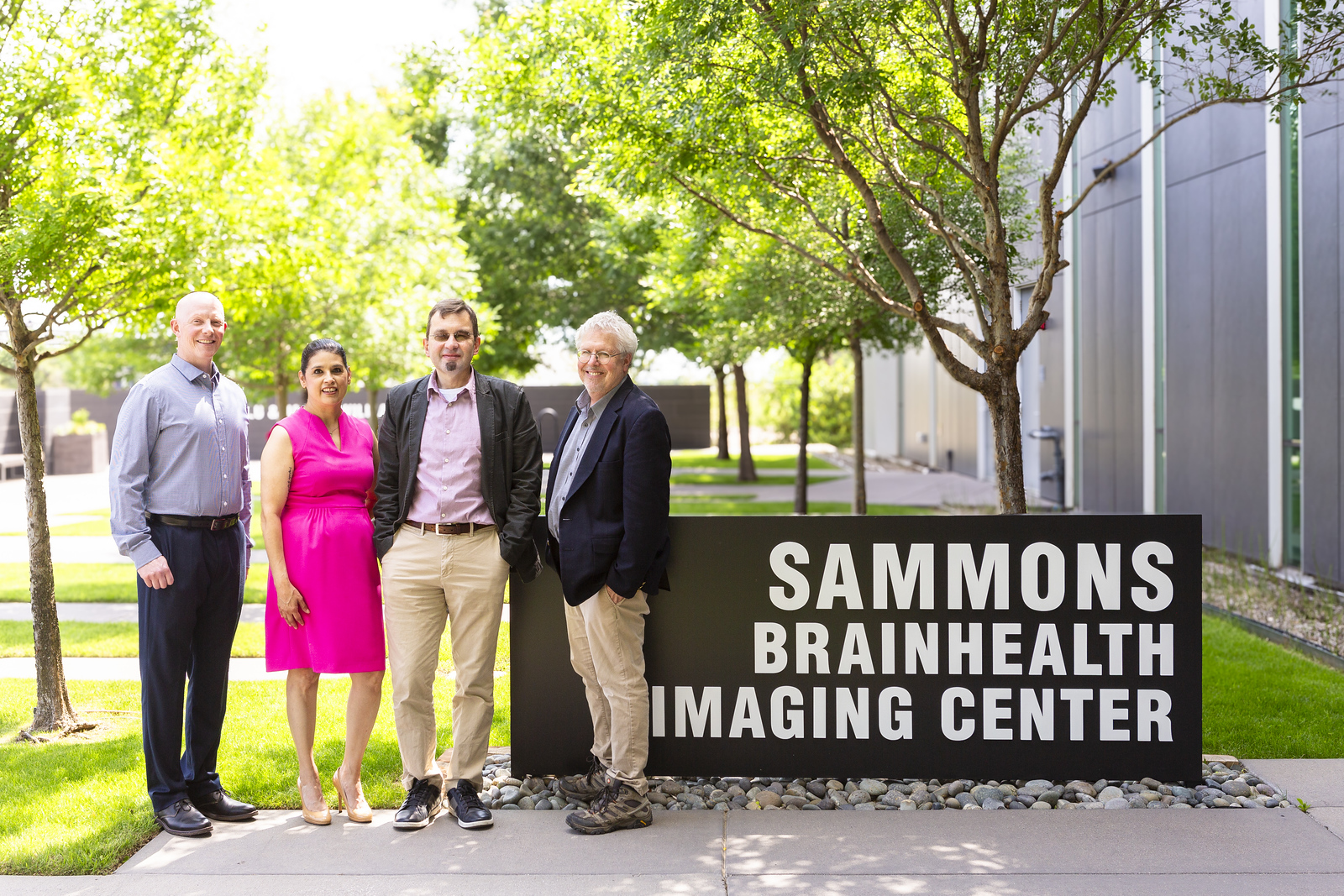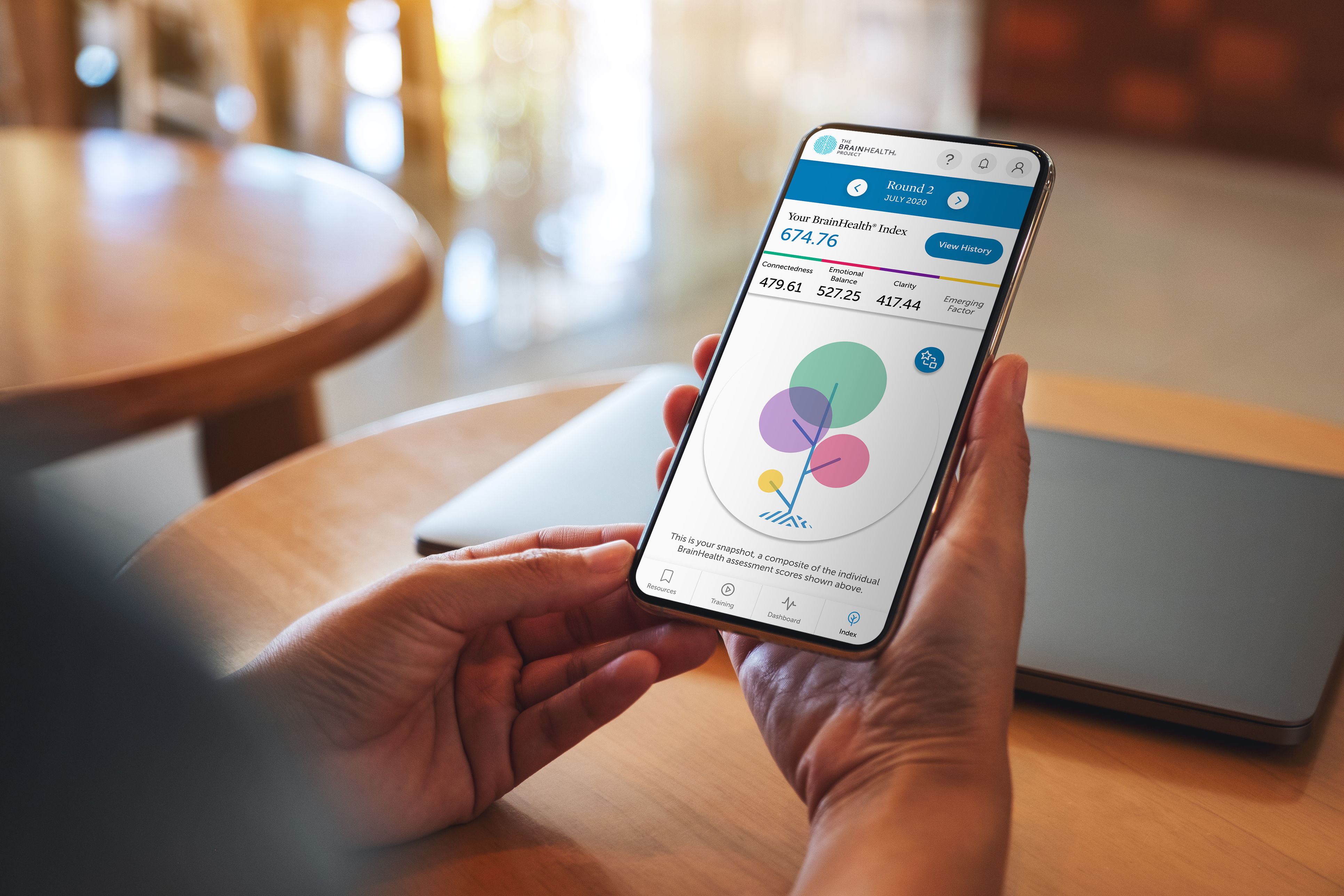“”

Figure 1. Researchers discovered that study participants who had normal hemodynamic response functions and showed a measurable decrease in amplitude between the baseline and second scans (indicating increased efficiency, as in the example above), also demonstrated gains in their BrainHealth Index.






